Lost Vampires UK unspools HABIT, along with a Q&A with Fessenden. TODAY! Thu, 20 Oct 2022, 6:30pm.
A long overdue UK premiere of Larry Fessenden’s gritty independent New York vampire film is the perfect way to celebrate Glass Eye Pix
Twenty-seven years since its premiere at the Chicago International Film Festival and a quarter century after its initial US distribution, why a UK premiere of Habit now? With Kelly Reichardt’s Showing Up screening in competition at Cannes, and Ti West delighting horror audiences not once but twice this year with his retro-horror features X and Pearl, highlighting the influence of Larry Fessenden’s New York-based production company Glass Eye Pix could hardly be more timely. Recently celebrated in a twenty-six film retrospective at the New York MoMA, Fessenden’s “fiercely independent” production company has produced more than forty features, and almost an equal number of shorts, over the past four decades, the most notable being shown last April as part of the MoMA programme, including Fessenden’s own horror-infused directorial projects: No Telling, Habit, Wendigo, The Last Winter, Beneath, and Depraved; Reichardt’s first features, River of Grass and Wendy and Lucy; Ti West’s House of the Devil and The Innkeepers; Rick Alverson’s The Comedy, Ilya Chaiken’s Liberty Kid, and James Felix McKenney’s The Automatons, together with other Glass Eye Pix films by directors Graham Reznick, Beck Underwood and Joe Maggio. In an article for MUBI entitled Larry Legend, Adam Nayman described the retrospective as, “welcome – and, for the uninitiated, essential.” Sharing the spirit – if not the scale – of the MoMA programme, this ICA special event features a screening of Fessenden’s break-through film Habit – never previously shown in the UK – together with a conversation about the film, his career, and the legacy and influence of Glass Eye Pix.
Shot in 16mm by Fessenden and a small group of collaborators for only $60,000, Habit tells the story of Sam (played by Fessenden himself) who having recently lost his father and split with his girlfriend Liza (Heather Woodbury), finds solace in alcohol and sex with the mysterious, unpredictable Anna (Meredith Snaider), who he meets at a Halloween party hosted by his friend Nick (Aaron Beall). But there’s something strange about the seductive Anna, who appears and disappears unpredictably, and as the relationship progresses Sam begins to suspect that Anna is a vampire.
Filmed in 1994 and premiered at the Chicago International Film Festival in 1995 to a positive Roger Ebert review, Fessenden was at first unsuccessful securing a distributor and so with characteristic determination decided to self-distribute the film, working directly with individual theatres to book screenings and driving a
35mm print to each location himself. On one occasion when displaying advertising material, he was briefly
arrested and thrown in jail for “graffitiing” city property without a permit. Fortunately, he was quickly released.
His unorthodox approach also paid off and soon afterwards Habit secured a US theatrical distribution and release.
Habit shares many of the qualities of Fessenden’s output as a writer/director (and editor – on all his films since No Telling (1991)), his take on genre is decidedly modern, charact-eristically reinterpreting classic horror themes within the contemporary world. He’s produced two Mary Shelley “Frankenstein complex” films, No Telling (1991) and Depraved (2019), the first set within the frame of unconstrained animal experimentation,
and the second rooted in a doctor’s war-induced posttraumatic stress syndrome. Habit is his reworking of Bram Stoker’s Dracula in contemporary New York, The Last Winter (2006) revisits John Carpenter’s The Thing as a man-made ecological disaster, and Wendigo (2001) reanimates the Native American legend through the eyes of a child within a disintegrating family unit. Produced on modest budgets, Fessenden’s films are often confined and claustrophobic, populated by few characters and set in a limited number of locations. They unfold as relationship dramas, accompanied by a growing sense of dread. As we watch these relationships disintegrate, horror elements are introduced gradually and often ambiguously. These are not typical genre films; Fessenden’s work tends to find its own unique place somewhere between independent filmmaking, art house, and horror. His films are extremely well-acted, often by relative unknowns, and where unseasoned performers can bring a risk of amateurishness to low-budget productions, Fessenden’s films excel in the opposite direction with wonder- fully authentic characters and performances. The New York Times wrote, “Fessenden approaches the themes and thrills of the classic American horror movies through a determinedly modern approach, as if John Cassavetes had been working for Universal in the early 30s.”
What makes Habit unique within Fessenden’s filmography is the ambition of its scale and audacity of execution. Where many of his films feature small groups of people in few settings, Habit roams all around New York with scenes set on Long Island, the Staten Island ferry, the east village, the San Gennaro festival in Little Italy, a church, a graveyard, and a Hospital. Ambitious setpieces include a car crash, a nude public photo shoot, and a rabid dog attack in Central Park. Often shooting without permits and with only available light, Fessenden’s team led by cinematographer Frank DeMarco deliver astonishing production value from these practical locations, and in the process provide an essential time-capsule of 1990s New York. With an aesthetic more akin to Taxi Driver than contemporary horror the emotional landscape is of loss, addiction, loneliness, and the subjective nature of reality. It’s also arguably Fessenden’s most personal film: Fessenden himself plays the lead role of Sam, and this is his second rendering of this story – an earlier version having been produced on video in 1981 when he was a film student at New York University. Habit explores “the subjectivity of life’s experience” and the film remains ambiguous to the end – its final shot leaving the audience with a variety of possible interpretations and resolutions.
With only six features over a period of thirty years Fessenden is selective as a feature director, but he’s extra-ordinarily busy as a filmmaker with over eighty credits as a producer, greater than twenty as a writer, and more than one hundred as an actor. His acting roles are often cameos, the lead role in Habit being something of an exception, as is his co-lead in Kelly Reichardt’s River of Grass (1994), but as recently as 2021 he co-starred with horror icon Barbara Crampton in Jakob’s Wife, and he’s also worked for New York contemporaries Michael Almereyda in Hamlet (2000), and twice for Jim Jarmusch in Broken Flowers (2005) and The Dead Don’t Die (2019). He appeared in Martin Scorsese’s Bringing Out the Dead (1999) and recently revealed he has a small part in Scorsese’s upcoming project, Killers of the Flower Moon. Due to Fessenden’s long association with New York and cinematic back-catalogue some of his roles feel like homages, such as his bit-part in Michael Shea’s New York vampire film, The Transfiguration (2016).
Fessenden formed Glass Eye Pix in 1985, initially so he could own the rights to his own work, and at the same time he established a set of principles that remain unchanged to this day, including a mission to “support individual voices in the arts.” In an article for Roger Ebert’s website, writer Simon Abrams suggests Glass Eye Pix could be seen as “the indie horror equivalent of a neo-romantic artists’ collective” and certainly the MoMA retrospective encourages such an assessment. With rarely screened items such as the Creepy Christmas stop-motion animated shorts by former production designer Beck Underwood and Graham Reznick’s David Lynch inspired “psychedelic campfire tale” I Can See You (2008), the creative freedom of these individual artists is unquestionably on display.
Although we’re not hosting a Glass Eye Pix retrospective on the scale of the NY MoMA programme, we hope you’ll enjoy this special UK premiere of Habit and join us in an equally sincere celebration of Larry Fessenden’s fiercely independent cinema.
Geoffrey M. Badger
October 2022


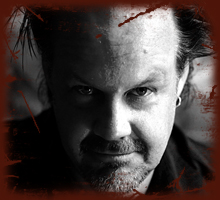
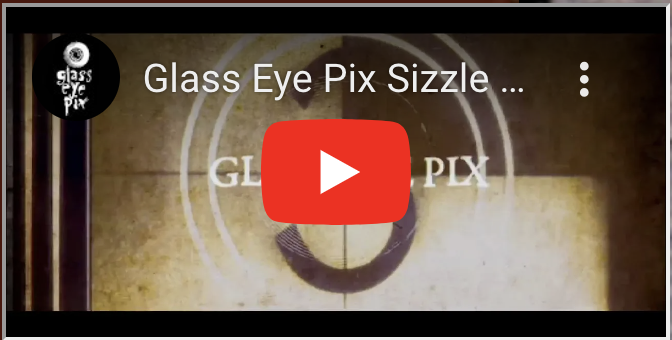
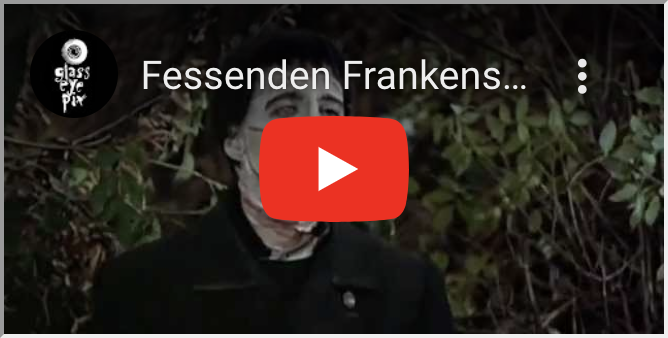
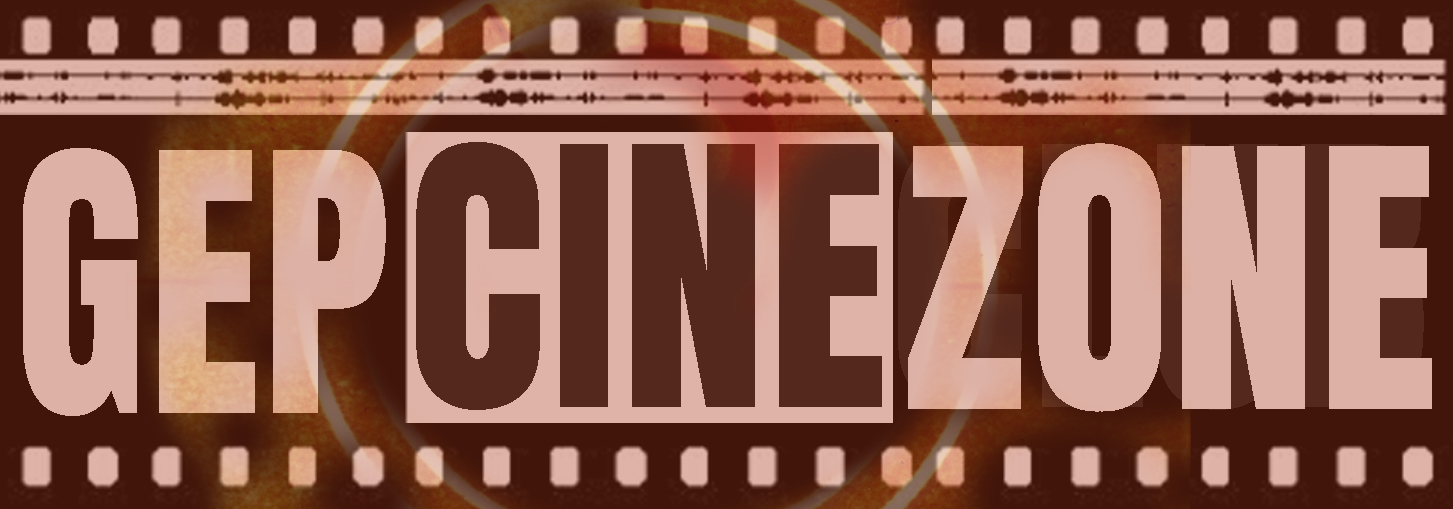


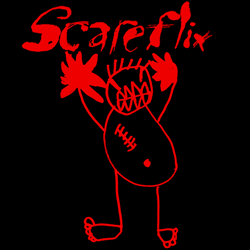

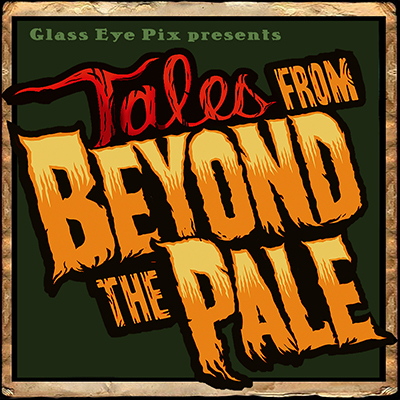
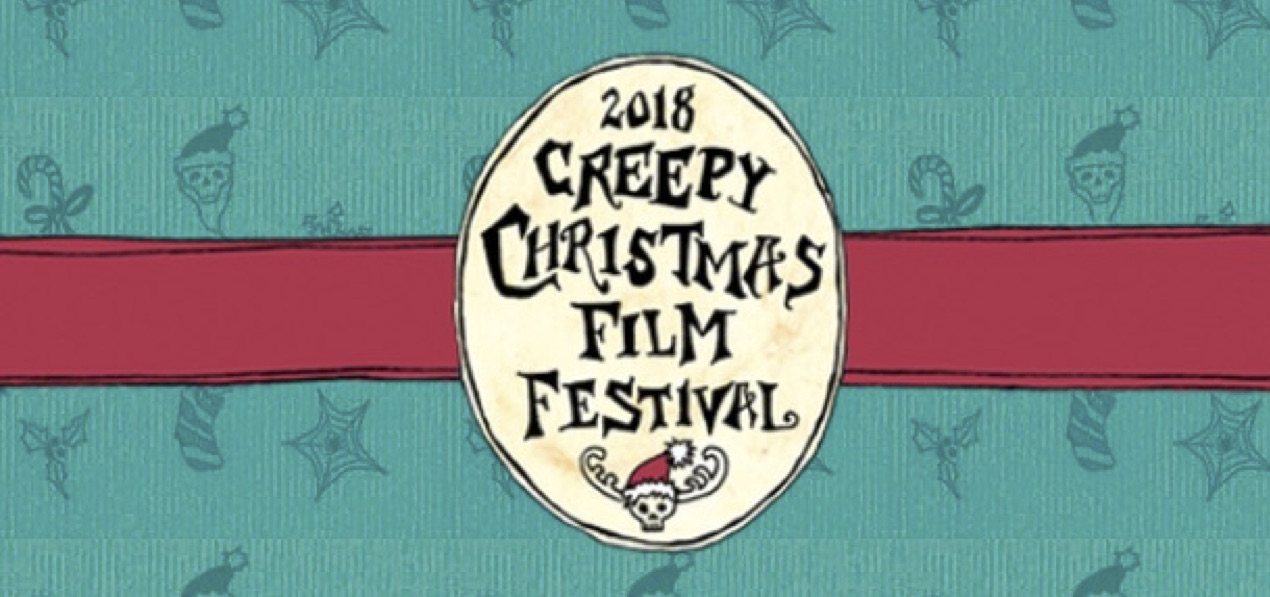
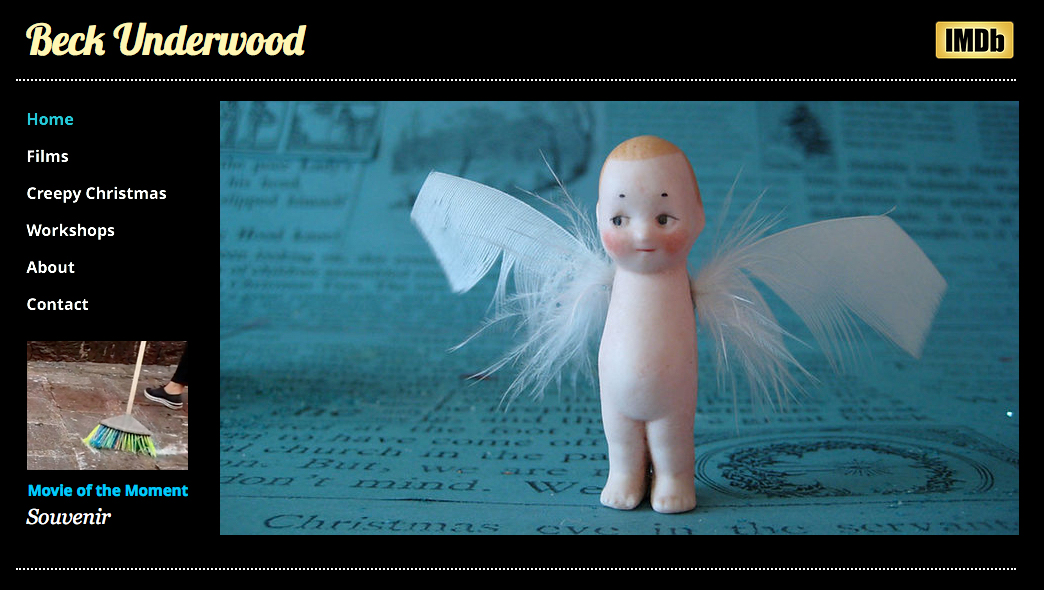
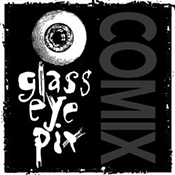





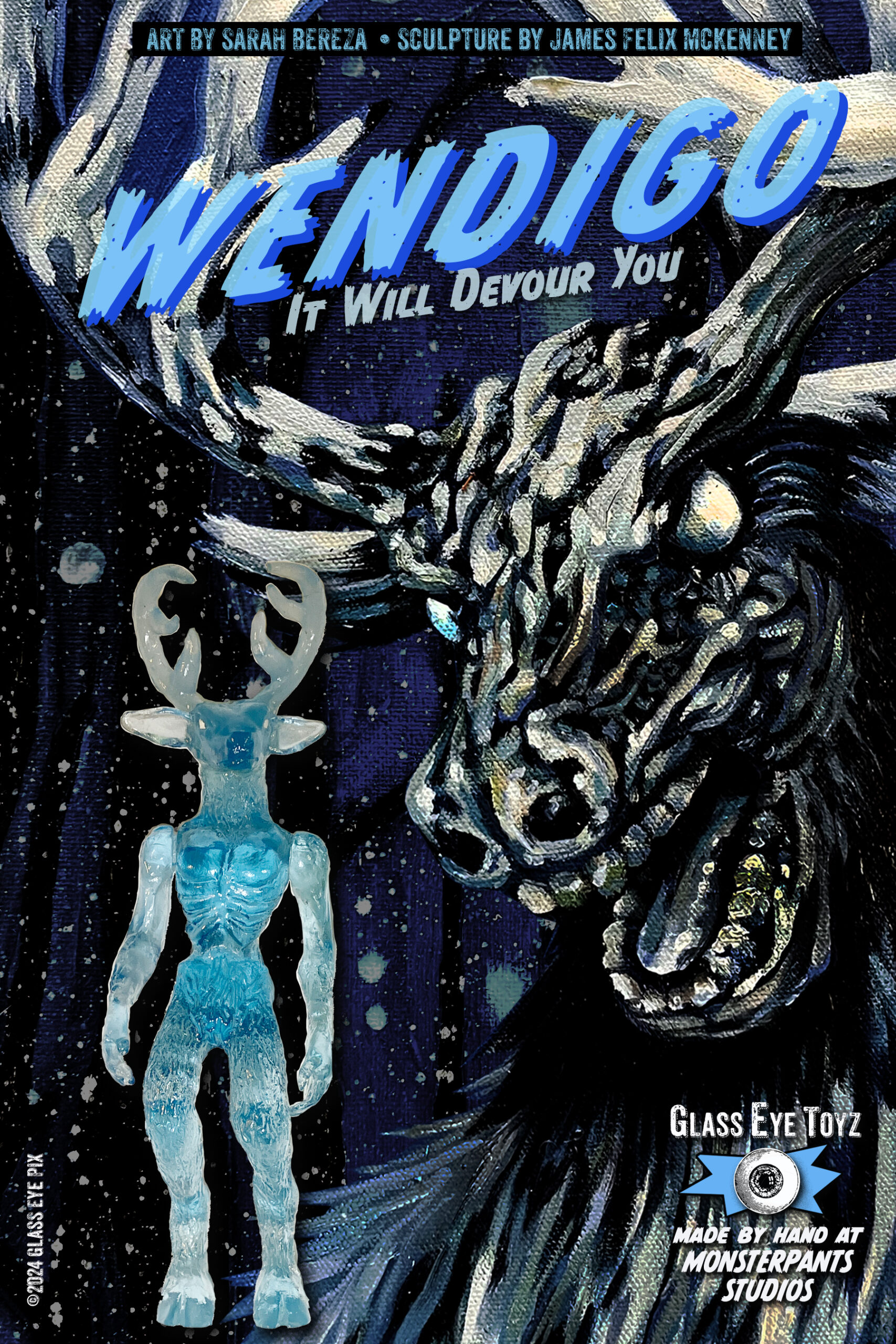
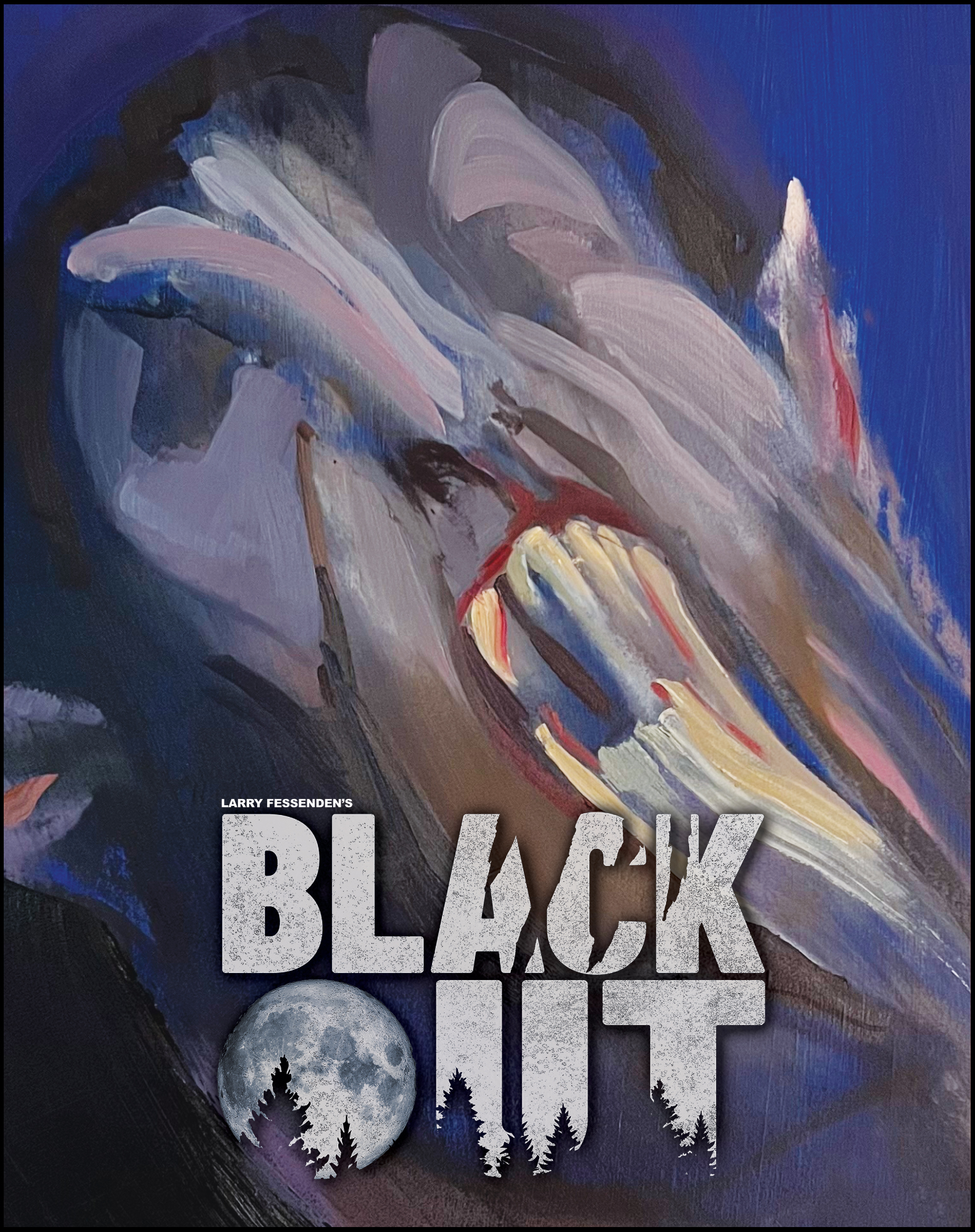
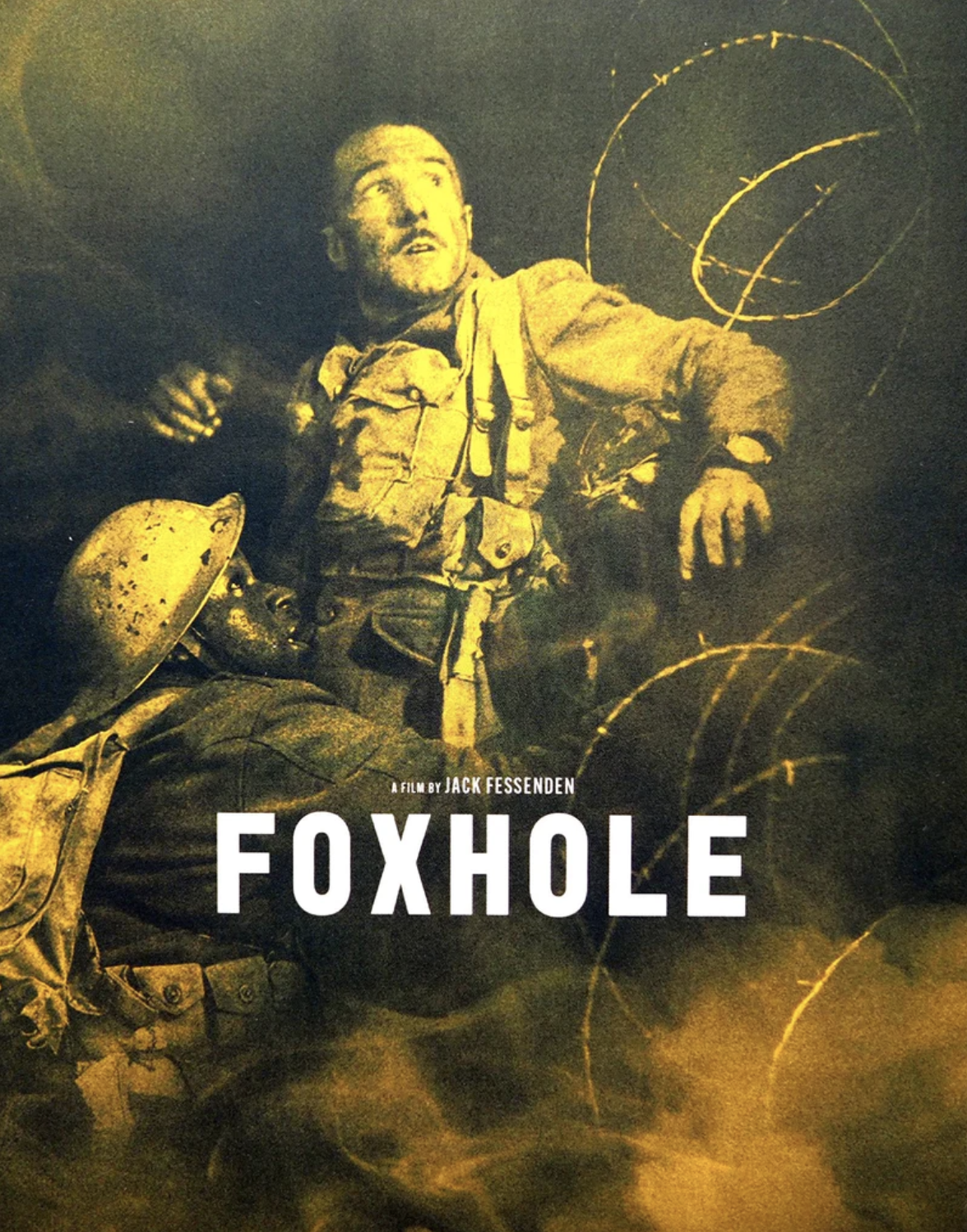
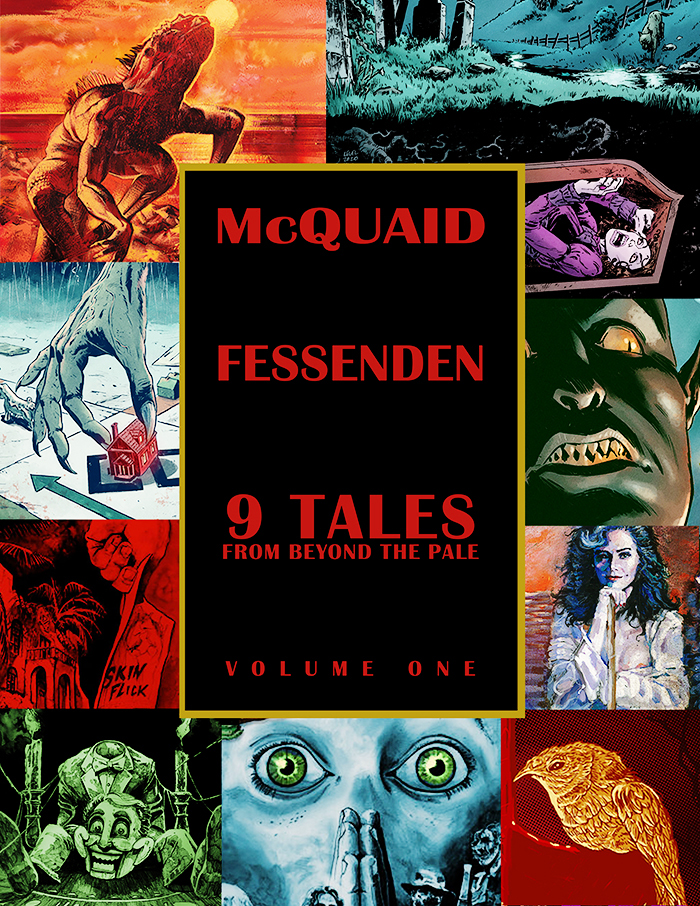
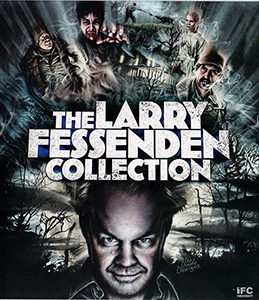
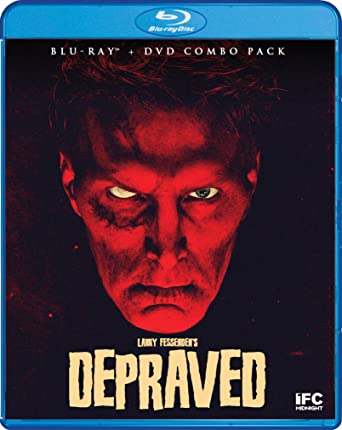
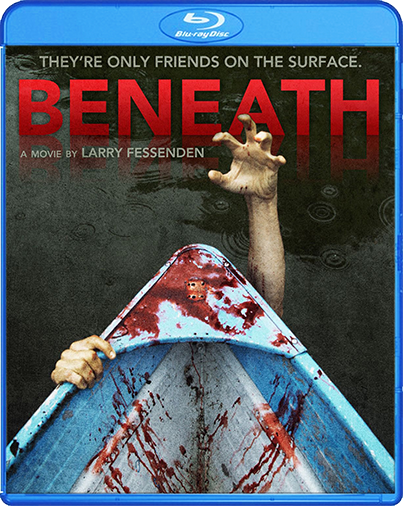
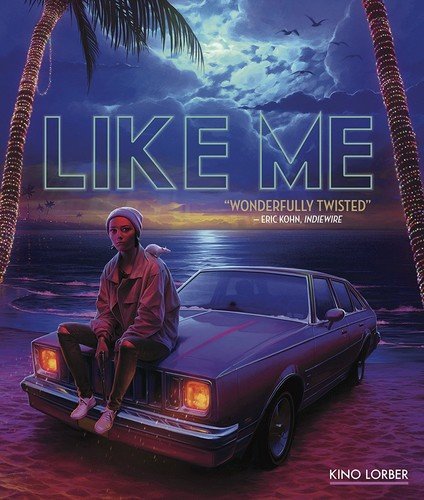
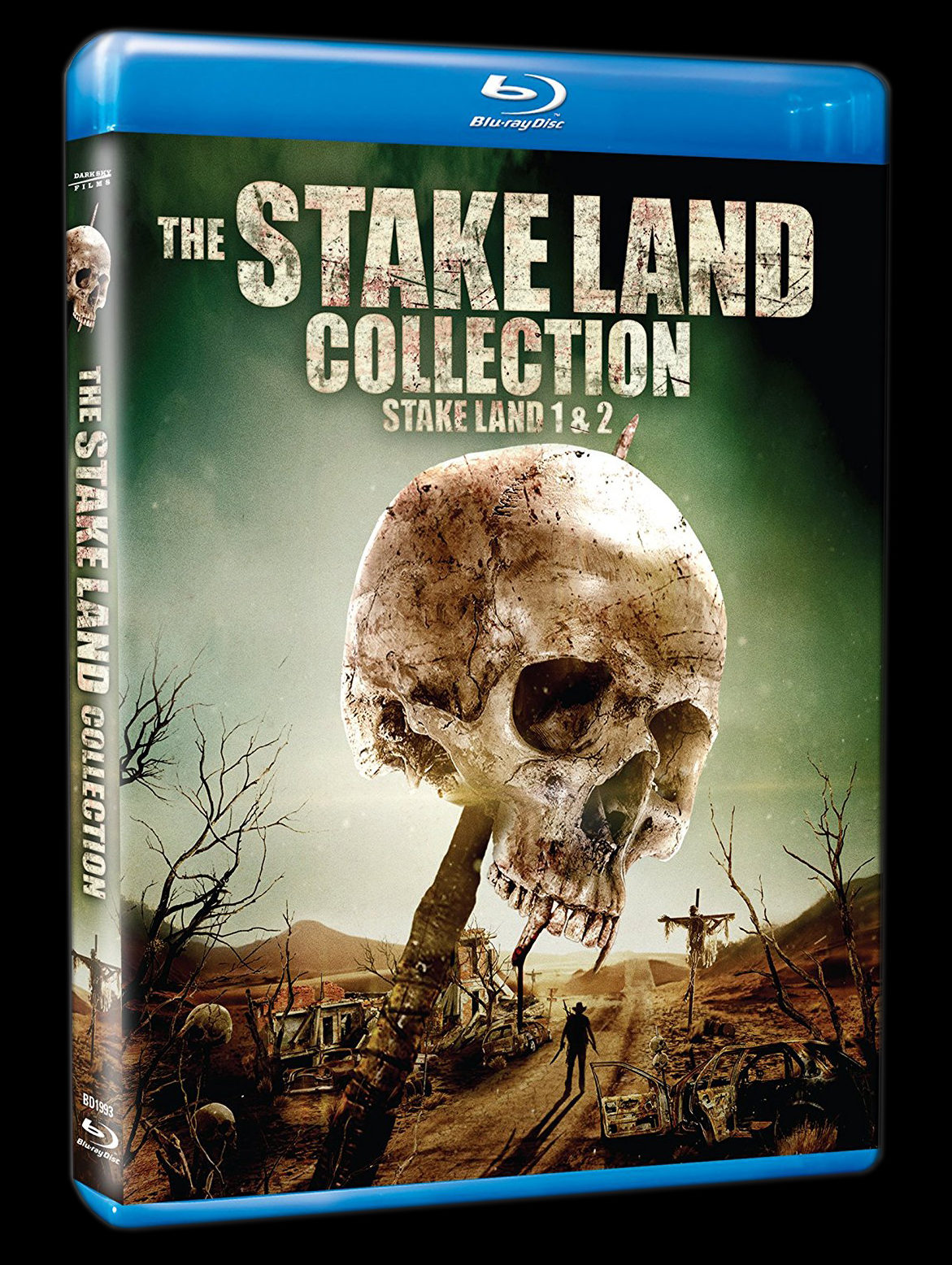
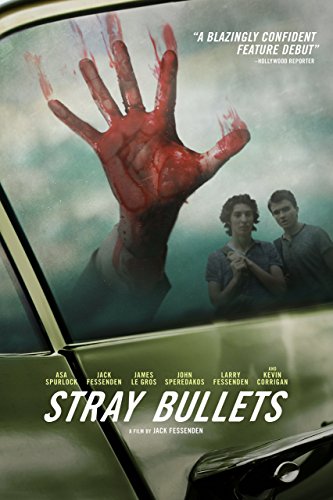
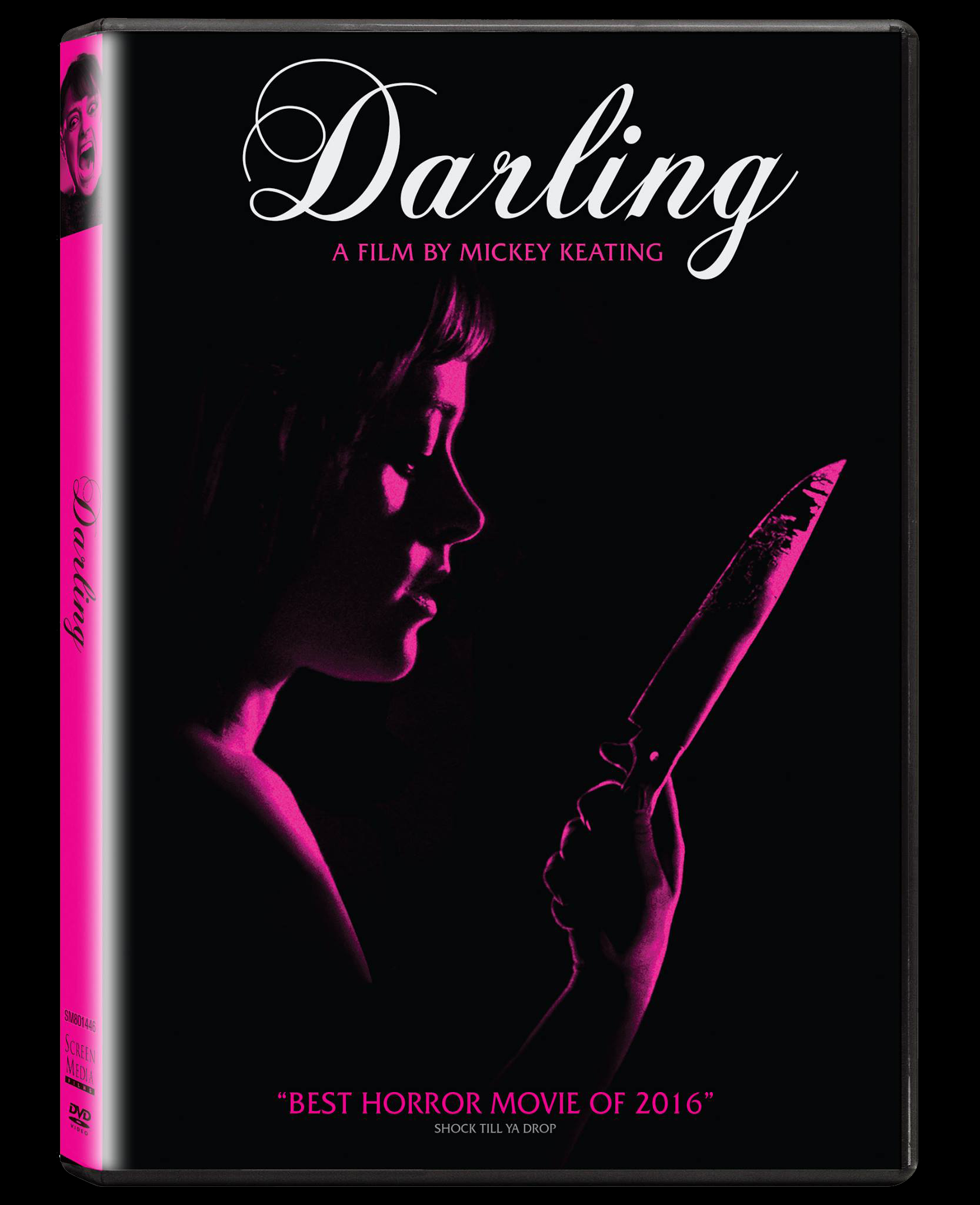
Add a comment